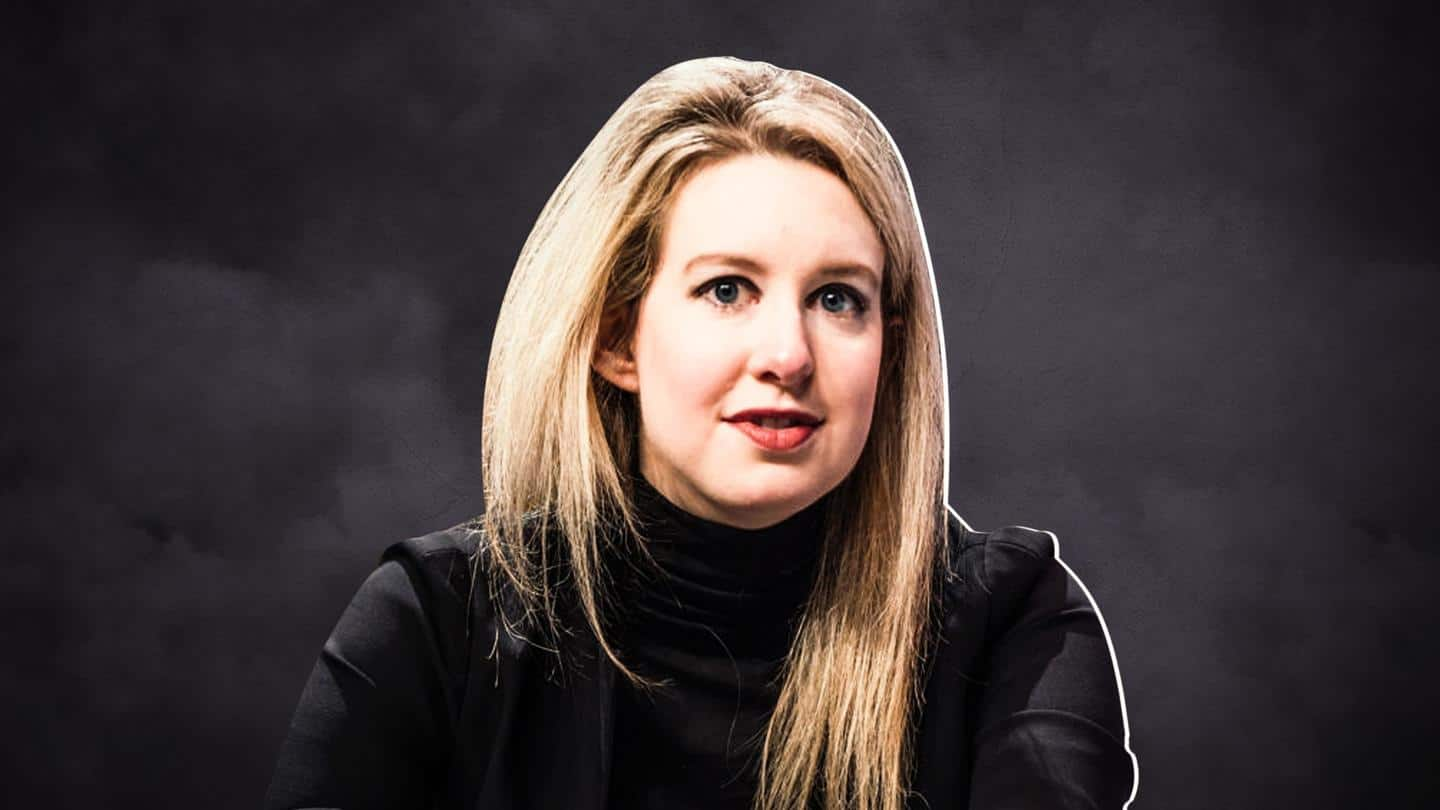
Theranos's Elizabeth Holmes found guilty on four charges of fraud
What's the story
Elizabeth Holmes, the founder of failed blood-testing start-up Theranos, was found guilty on four of the 11 federal charges on Monday.
A United States jury found Holmes guilty of conspiring to defraud investors to raise money for her start-up.
She was acquitted on four counts, and the jury could not reach a decision on three other counts.
Context
Why does it matter?
Holmes rose to Silicon Valley fame after founding Theranos in 2003.
The case highlights the downside of Silicon Valley's culture of hustle, hype, and greed.
It reflects Theranos' failed endeavor to revolutionize lab testing.
Holmes is the most prominent start-up executive to face a trial on fraud accusations.
The case serves as a warning to start-ups to rely on the truth while securing funding.
Details
What do we know about the case?
It took the jury 50 hours over seven days to reach a verdict.
Holmes was convicted on three counts of wire fraud and one count of conspiracy to commit wire fraud by lying to investors.
She was not found guilty on charges of defrauding patients who used Theranos' blood test.
The jury could not reach a verdict in three cases involving deceiving investors.
Information
What could be the punishment?
Reportedly, each charge carries a maximum sentence of 20 years in prison. Notably, the terms are likely to be served concurrently. The sentencing date is likely to be set on the hearing of three hung charges next week, The New York Times reported.
Case
Holmes was indicted in 2018
Holmes and Theranos's former Chief Operating Officer Ramesh "Sunny" Balwani were indicted in 2018 after The Wall Street Journal published a series of articles that suggested its devices were flawed and inaccurate.
Holmes had allegedly put the logos of pharma giants Pfizer and Schering-Plough onto Theranos reports hailing the company's blood-testing technology, which was then shared with investors.
Allegations
What were the allegations against Holmes?
Prosecutors said Holmes cheated investors between 2010-2015 by convincing them that Theranos' small machines could run a range of tests with a few drops of blood from a finger prick.
Investors also testified that Holmes made misleading claims including that Theranos' machines were being used by the US military.
Notably, big-name investors like Rupert Murdoch and Henry Kissinger were on the witness list.
Defense
Holmes didn't meant to deceive anyone: Defense
In her testimony, Holmes said she never meant to deceive anyone, adding that Theranos' lab directors were in charge of test quality.
Defense lawyer Kevin Downey said Holmes was not motivated by a cash crunch at Theranos but rather thought she was "building a technology that would change the world."
"At the first sign of trouble, crooks cash out," but Holmes stayed, Downey added.